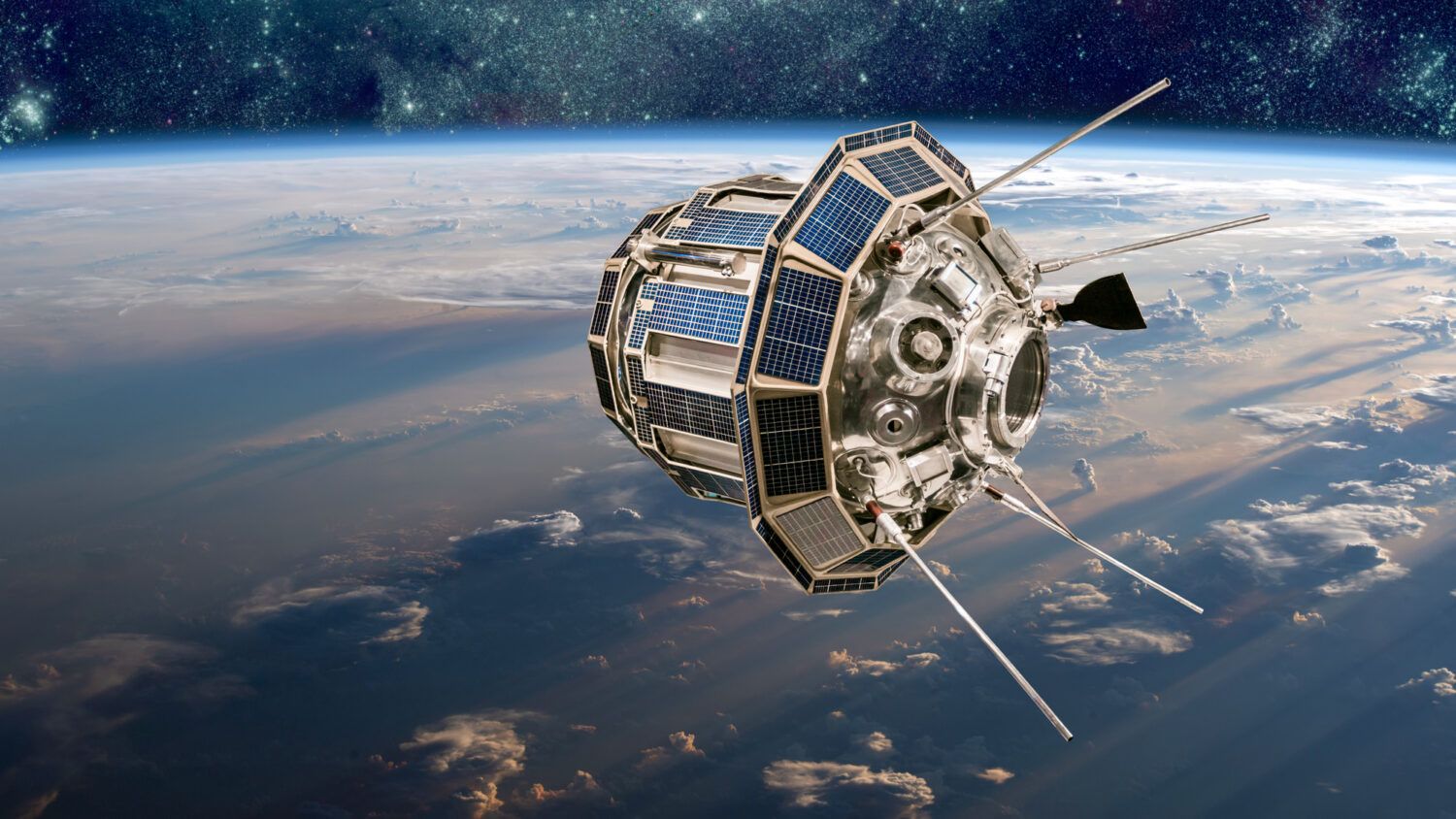
Sustainable space: Satellites need harmonized spectrum and more

By Victor Strelets, Chairman, ITU-R Study Group 4, and consultant to the M.I. Krivosheev National Research Centre for Telecommunication, Russian Federation
The digital landscape of space communications is constantly changing with the rapid development of satellite technologies, the creation of new infrastructure, and the emergence of numerous multi-orbital constellations, along with the shift to software-defined technologies on the ground.
Exponential growth of non-geostationary orbit (NGSO) satellite networks makes space sustainability an urgent challenge over the next 5-7 years.
This problem is multifaceted, with implications for equal access among nations to limited spectrum and orbital resources, the safe movement of spacecraft, the ecological impact of launches and disposal, space debris removal, and more.
Amid these issues, the most pressing task for the International Telecommunication Union (ITU) is to ensure efficient spectrum and orbital usage as constellations multiply.
A regulatory void
The private sector is increasingly involved in regulatory development for space activities. In large part, this is because United Nations organizations delay key decisions or cannot determine responsibility for outer space.
Space traffic management, for example, lacks the attention given to air traffic control through the International Civil Aviation Organization (ICAO) or the reliability and safety of shipping through the International Maritime Organization (IMO).
Industry associations and other private-sector groups, therefore, have started to occupy that empty niche with proposals in the works for regulating satellite traffic. Several private companies have announced projects to clean up outer space.
While potentially helpful, these initiatives underscore the inadequacy of current involvement by the public sector and international organizations.
The use of outer space needs to be regulated by sovereign states, through rules set via international organizations, with the active participation of the private sector. This is the only way to balance the dynamism of private companies in developing the space industry with the responsibility of states to meet international obligations.
UN role in space
The history of global satellite systems shows the value of the official recognition for key technologies via international organizations – particularly UN specialized agencies.
The Global Navigation Satellite System (GNSS) combines GPS, GLONASS and other systems into a harmonized global package. Established under the UN Office of Outer Space Affairs (UNOOSA) in 2005, the global system depends on regulatory input by ITU alongside ICAO and IMO. The World Meteorological Organization (WMO), meanwhile, manages shared weather and climate data systems.
Another system, Global Mobile Personal Communications by Satellite (GMPCS), is run by ITU, which works with national regulators and system operators to harmonize type approvals, licensing, marking, traffic data, and customs recommendations for the free circulation of terminals.
Demand outpacing regulation
More broadly, the need for international regulation of space activities continues growing. Going forward, much more needs to happen within the UN system to ensure that states accept their obligations to preserve the space ecosystem.
Fundamental UN treaties adopted more than 50 years ago define outer space as the property of all humankind. Those treaties also secure the rights and duties of sovereign states for the peaceful space use.
But with accelerating satellite development, neither UN agencies nor national regulators can keep up with the need for radio spectrum and orbital resources. In some cases, when different satellite operators merge, responsibilities under the ITU Constitution, ITU Convention and provisions of the Radio Regulations are lost.
Preparing for rapid satellite growth is a key challenge for all players at ITU’s Space Sustainability Forum.
Spectrum sustainability studies
The ITU Radiocommunication Sector (ITU-R), acting on Resolution 74 from the last Radiocommunication Assembly (RA-23), is conducting studies on practical measures for ITU to strengthen space sustainability.
ITU-R Study Group 4 – focused on satellite systems and networks – has undertaken three key tasks:
- Preparing a handbook on space sustainability.
- Drafting a recommendation (ITU-R standard) for end-of-life removal of NGSO satellites.
- Conducting technical activities to prevent harmful interference and boost rational, equitable spectrum use, with a particular focus on identifying and mitigating interference between NGSO systems.
These are complex and vital undertakings. Through tasks such as these, ITU can contribute substantially to advancing sustainable space development.
Growing congestion
Spectrum and orbital resource constraints will soon become the main obstacle to unrestricted use of outer space. Furthermore, this is the most complex part of keeping space use sustainable.
Electromagnetic compatibility issues already constrain the safe placement of satellites even in geostationary orbit (GSO). For non-geostationary systems, the situation is even more complex – heightening the importance of spectrum and orbital coordination through ITU.
Multi-satellite NGSO systems inherently require international cooperation to secure permits for services in foreign territories, as well as alignment on spectrum use and radio equipment interface standards. These are practically impossible to achieve without impartial international organizations.
Sustainable space development
More broadly, the concept of “sustainable space development” covers a wide range of issues related to the responsibilities of states, ensuring equal access, and using limited resources efficiently.
Beyond spectrum use, clear and agreed rules are needed for space traffic management, debris removal and disposal, and the protection of Earth’s ecology during the launch and re-entry of satellites and space vehicles.
To define how international organizations can help, the best approach may be to hold a special UN General Assembly on space sustainability.
Find out more about the upcoming Space Sustainability Forum.
Check out ITU’s Space Connect webinar: “Space as an economic driver,” 23 September 2025.
Header image credit: AdobeStock
